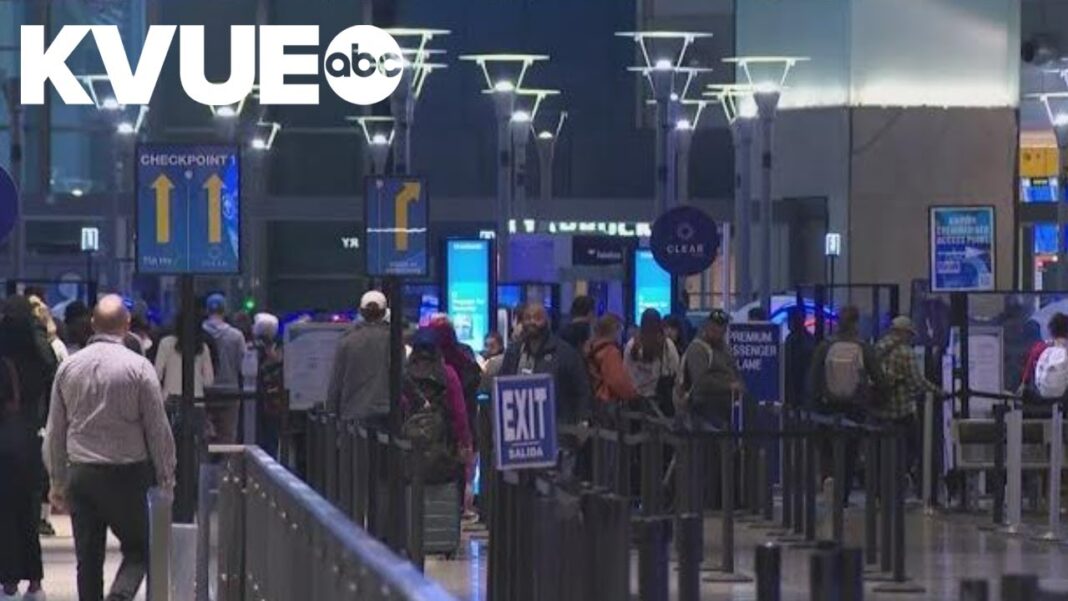President Donald Trump ends decades-long saga by signing off on Junction Pipeline Company’s permit to import oil from Alberta into Montana.
When the phone call came on June 30 notifying him that President Donald Trump had just signed a presidential permit authorizing his “little LLC from Texas” to build a cross-border pipeline in Montana to import Canadian oil, it was no surprise to Mike Dubuisson and his partners at Junction Pipeline Company.
“We weren’t surprised—we were shocked,” he said, recalling the early morning call from the State Department’s Bureau of Energy Resources Policy Adviser Marcus Lee.
“When you get that kind of personal phone call, you get that kind of news, it brings a lot of history to the fore all at once,” Dubuisson told The Epoch Times.
That history dates back to 1966 when President Lyndon Johnson issued a presidential permit for Murphy Oil to build a pipeline across the U.S.-Canada border near Shelby in Toole County, Montana.
Murphy Oil built its Milk River pipeline and, since 1970, it’s been pushing crude south to refineries in Montana. But that pipeline crosses the border under another permit with different easements than Johnson’s 1966 order.
Plains All American Pipeline purchased Murphy Oil’s “midstream assets”—pipelines—in 2001, which included the Milk River pipeline network and the latent 1966 presidential permit for a cross-border pipeline and 30-or-so miles of easements to Cut Bank, Montana.
In 2007, Junction, based in Bourne—pronounced “Burney”—Texas, purchased the permit and easements from Plains All American as part of a deal that “included a basket of assets in multiple states,” Junction Executive Officer Brent Taber said.
The easements and permit “provided for the import of oil across the border,” he told The Epoch Times. “And that was kind of our path to this.”
That path would be tangled in litigation, mercurial markets, and even more mercurial politics on both sides of the border.
“I’ll make this short to fast forward to where we are today,” Taber said, explaining rather than arguing with deep-pocket corporations in lawsuits about who owns what along downstream easements.
Junction—“a private company of never more than seven or eight individuals”—took a different tack.
“We decided we will just apply for a new presidential permit because we were not high on the idea of litigating to affirm our rights,” he said.
“We started this thing in Trump’s first term, and by the time the State Department bureaucracy developed a protocol, it was three months before the election.”
Dubuisson, Junction’s vice president and manager, said the company was “told by a political operative after the election in 2020 that we could forget about the permit. We just left it there.”
And so it sat. When Trump was elected to a second term and returned to the White House in January 2025, the State Department reached out to Junction to remind them they had a permit in limbo.
“I almost think it was found in a drawer or something,” Dubuisson recalled. “The way it was described was, ‘Someone in the White House noticed this permit.’”
By John Haughey







